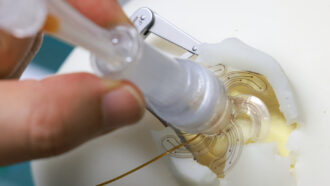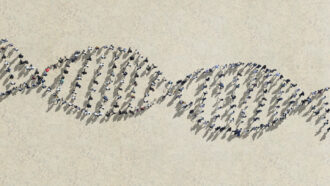
Space
50 years ago, cosmic rays may have caused Apollo astronauts to see lights
Apollo astronauts reported seeing flashes of light where there were none. Fifty years later, the flashes still mess with modern astronauts’ vision.
Every print subscription comes with full digital access

Apollo astronauts reported seeing flashes of light where there were none. Fifty years later, the flashes still mess with modern astronauts’ vision.

The airport, working with the CDC and a biotech company, will be the first in the United States to regularly test plane sewage.
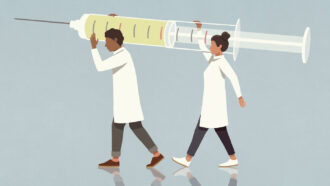
Enzyme replacement can offer relief to people with rare diseases. Now, scientists have found a way to treat one disease before a person is even born.
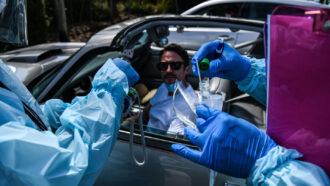
Global COVID-19 deaths are down and immunity is up. But with the virus here to stay, it’s time to shift to more long-term health measures.
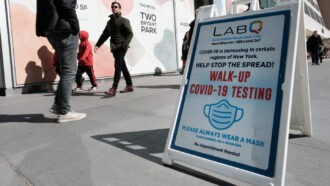
The declaration, made early in the pandemic, made tests, vaccines and treatments free to all. On May 11, the proclamation ends.

Hormone therapy cannot be taken during pregnancy. A new study is reassuring for women who’ve had breast cancer and want to try for a baby.
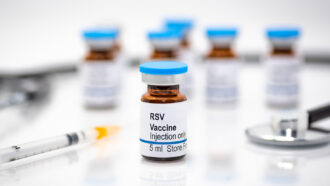
GSK’s shot, for those 60 and over, can protect against severe respiratory syncytial virus. Other vaccines, including to protect newborns, are in the works.

Insights into Stone Age people’s lives may soon come from a new, nondestructive DNA extraction method.
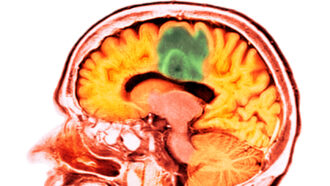
An early-stage clinical trial demonstrates a technique for getting a powerful chemotherapy drug past the usually impenetrable blood-brain barrier.
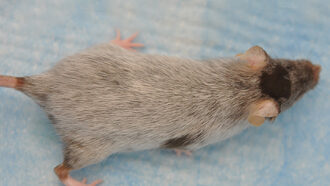
Stem cells involved in giving hair its color must keep moving and changing maturity levels to prevent graying, a mouse study suggests.
Subscribers, enter your e-mail address for full access to the Science News archives and digital editions.
Not a subscriber?
Become one now.
